With the New President, Can Lebanon Chart a Course Toward the West?
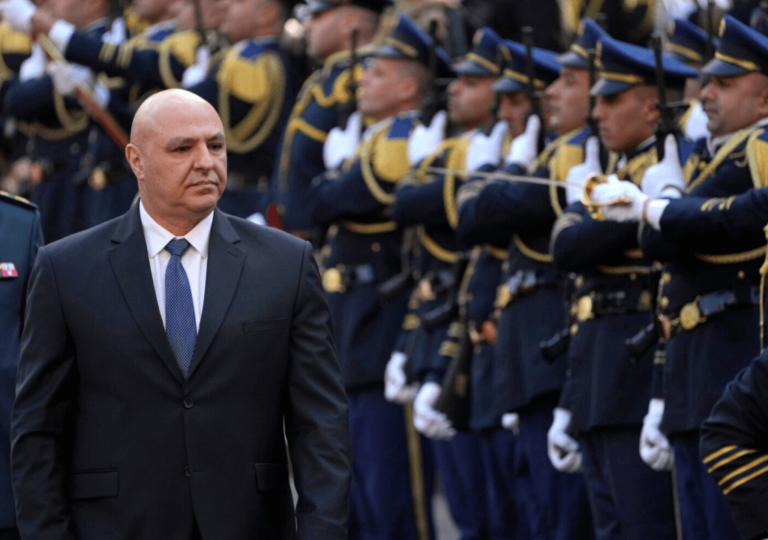
Lebanon elects Army Commander Joseph Aoun as president, signaling a shift away from Iran's influence and hope for stability

Lebanon elects Army Commander Joseph Aoun as president, signaling a shift away from Iran's influence and hope for stability
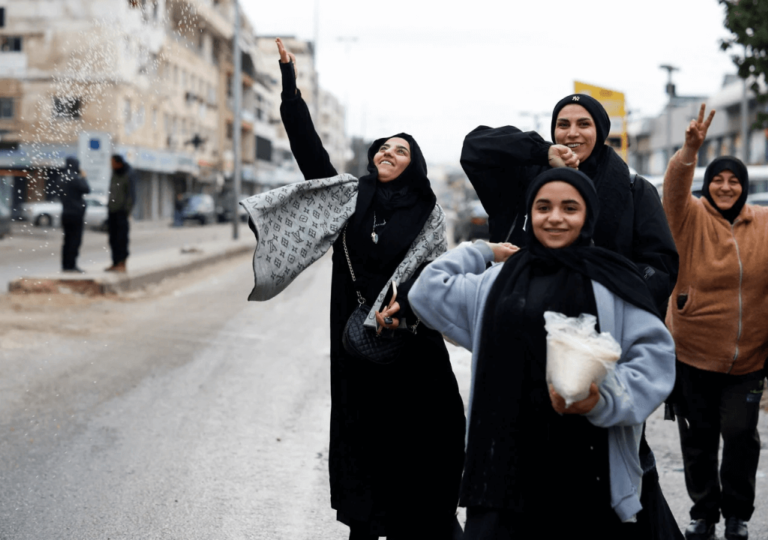
Israel and Hezbollah have agreed to a ceasefire, effective Wednesday, ending their latest conflict amid ongoing tensions and violence

Hamas, Hezbollah, and the Houthis face collapse as Israel's military campaign targets their leadership and infrastructure
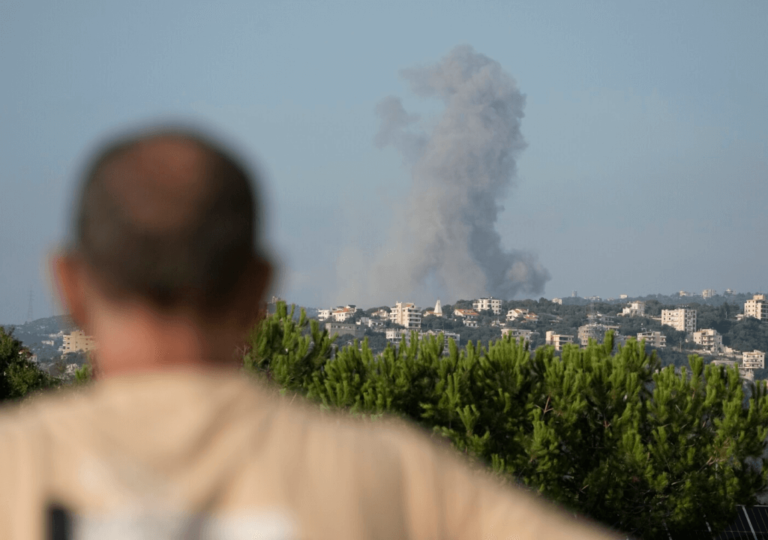
Israel intensifies its military campaign against Hezbollah, resulting in over 500 casualties in Lebanon amid growing conflict
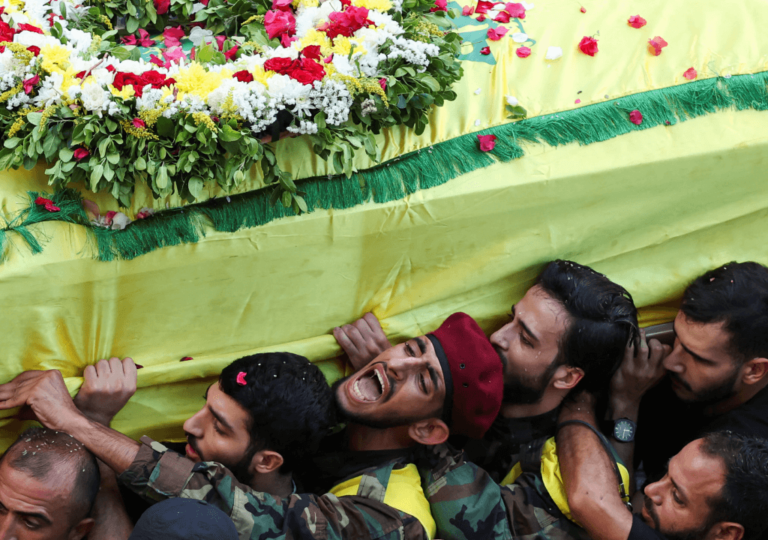
Lebanon faces chaos after deadly explosions from Hezbollah devices, killing at least 32 and injuring over 3,000
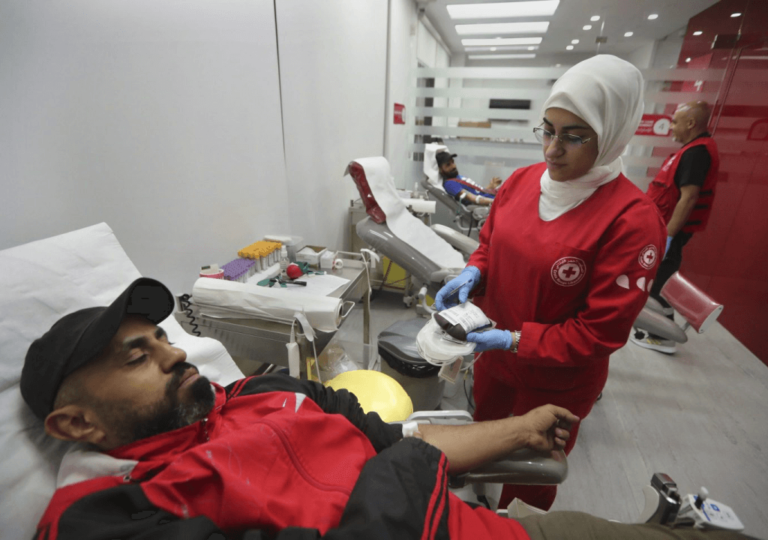
A series of pager explosions in Lebanon killed at least 12 and injured thousands, suspected to involve Israeli intelligence
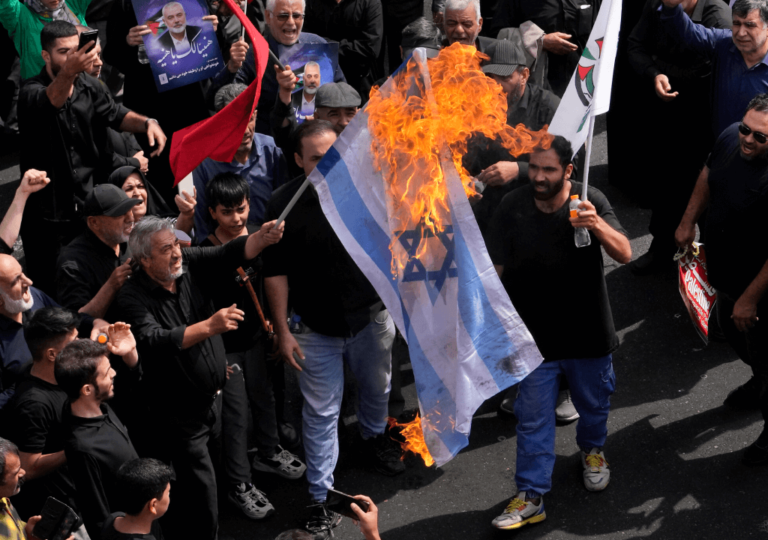
Iran feels humiliated after Israel's assassination of Hamas leader Haniyeh in Tehran
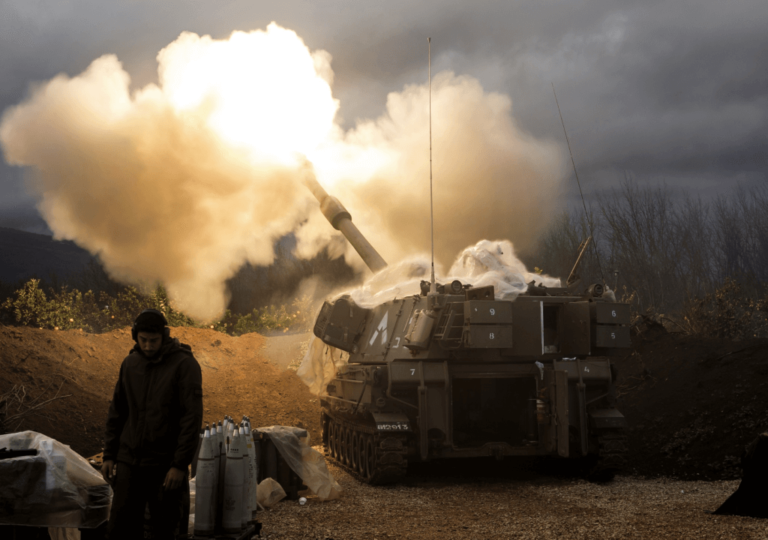
Israel strikes Beirut, targeting Hezbollah commander amid rising tensions and casualties
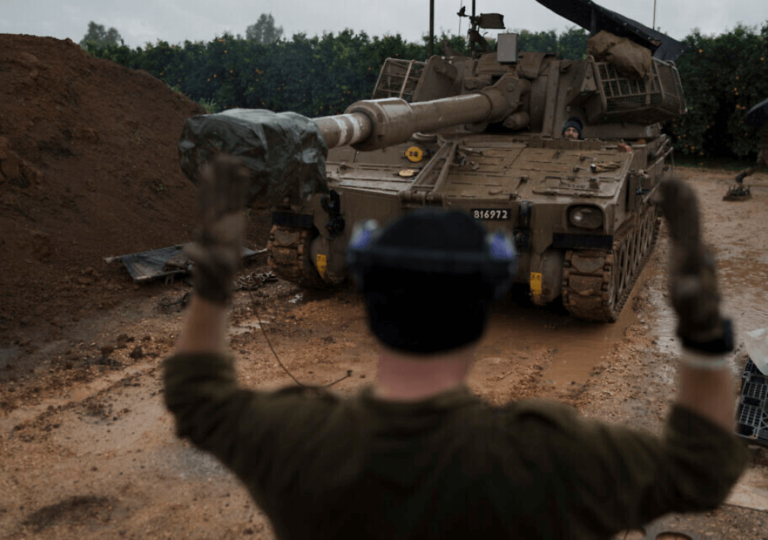
Israel's border with Lebanon poses a heavy risk due to the presence of the Palestinian population and the terrorist organization Hezbollah, leading to a possible escalation of war between Israel and Lebanon.